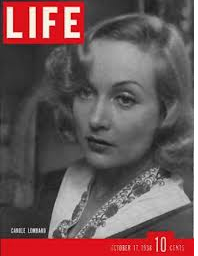
As any longtime festival attendee knows, a seat at one of the pre-code films at the TCM Classic Film Festival is akin to a ticket for the hottest show in town. Passholders line up hours in advance, hoping to secure a good line number–if they’re lucky and get there early enough, they might even be able to sit next to their friends. “Early enough” for a pre-code film? It can be as much 2 hours early.
For years, I have questioned why the festival didn’t simply put the pre-codes in a larger theater to accommodate the huge crowds that flock to them. It seems natural that, given the numbers that they track, those movies made between 1929 and 1934 should always be at a large theater like the Egyptian or Grauman’s Chinese. But they’re always in the considerably smaller Chinese multiplex theaters. This festival, I brought the question up in conversation with someone in line, who informed me that the multiplex theaters are the only ones that can play 35mm. I have not been able to verify that, but if true, I suppose it makes sense.
Whenever I introduce a new friend to classic movies, I always start with a pre-code. They’re modern in a way that has a tendency to make people change their minds about what they think classic movies are. Frequently, people outside the film world believe classic movies to be wholesome goodness, where people overact and speak in outdated slang, where women are submissive and there’s never a hint of sex. But when they’re confronted with something like Baby Face, it’s a new world.
Because of the difficulties in enforcing the Production Code of 1930, which aimed to sanitize the movies, studios were finding loopholes in the self-policing code and making movies that they knew would sell–namely, movies with strong sexual themes and independent women. Sell they did, and sell they continue to. Very little has changed in the minds of the viewing public between then and now–even today’s sophisticated audiences, when exposed to pre-code Hollywood, go wild. They seem to tap into something primal in our natures
This year I attended two pre-codes, Merrily We Go to Hell and Vanity Street. Both were textbook pre-codes, with Merrily We Go to Hell strongly suggesting an open marriage and Vanity Street condoning crime and adultery. The former was directed by the great Dorothy Arzner, one of the predominant female directors in early Hollywood and the most prolific of the 1930s. In Cari Beauchamp’s introduction of the film (marvelously capped by the line “Enjoy the hell out of Merrily We Go to Hell,”) she traced the biography of Arzner and how it was largely by luck and chance, meeting the right people (several of them women) at the right time, that Arzner was able to rise up the ladder in Hollywood and become the respected director that she ultimately became.

The story of a young woman who marries the man she loves only to find out that he’s an alcoholic prone to cheating, Merrily We Go to Hell refuses to allow the wife, played by Sylvia Sidney, to be the victim. Instead, she’s a woman with a spine and self-respect. When her husband, played by Fredric March, cheats on her and then tells her to block the door so he can’t leave, she opens the door wide for him. When he returns, she is packed to leave. She remains, on the condition that she, too, be able to have affairs. The result is an open marriage, and they live this way until the wife finally leaves for good, returning all his letters and starting her life anew. The ending, however, was a bit disappointing–I can just see the studios tacking it on at the last minute to make the audience feel better about marriage in general.
After the movie, the general consensus among the audience members I talked to was just that–it was a fantastic movie, empowering and strong up to the very last scene. All the actors did a magnificent job, especially, in my view, Sylvia Sidney. If you haven’t seen it, it is definitely worth scoping out for a hearty dose of pre-code goodness.

Vanity Street was quite different in its approach. Instead of a marriage drama, this was a crime drama, almost a pre-code noir. It deals with a young woman who breaks a window to be sent to jail (“They feed you there,” she says, reminding us that this is the height of the Depression). She befriends the policeman who arrests her, and he takes pity on her situation, bringing her back to his apartment to stay while and helping her land a chorus job. But the chorus ends up bringing her trouble, as she is ultimately implicated in a murder.
In its style, I would compare Vanity Street to something like Three on a Match or Virtue, with Charles Bickford and Helen Chandler playing the main roles. In a supporting role is Mayo Methot, best known as Humphrey Bogart’s first wife. This one was presented once again by Cari Beauchamp, who has made a name for herself as one of the festival’s most loved presenters. The TCM Festival crowd is known for its passion and extensive movie knowledge, and from Cari Beauchamp’s presentations, I always come away with new stories from behind the scenes.

One of the things I learned from this presentation is that Helen Chandler, whose movie career was cut short by mental illness and addiction, was cremated in 1965 and her ashes have never been claimed. This made me very sad and being the person I am, I got to thinking–what would it take to claim her ashes and give her a proper burial? If no one has claimed her ashes since 1965, then she belongs to us, the people who work to keep her memory alive. If any of my readers work in this industry and have any advice, I would love to hear from you on how we might get a campaign like this started. I will keep you all posted.
Thanks for reading, and stay tuned for day 3!


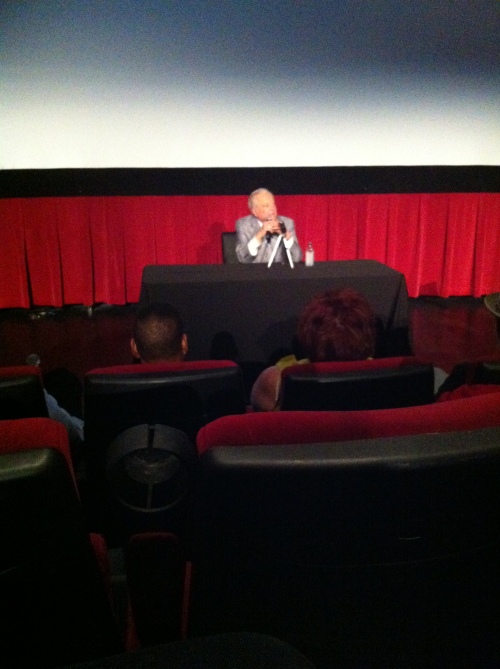
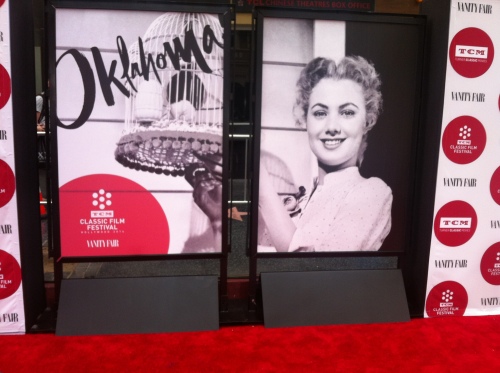
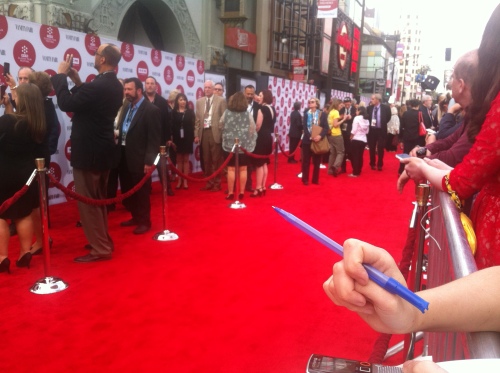
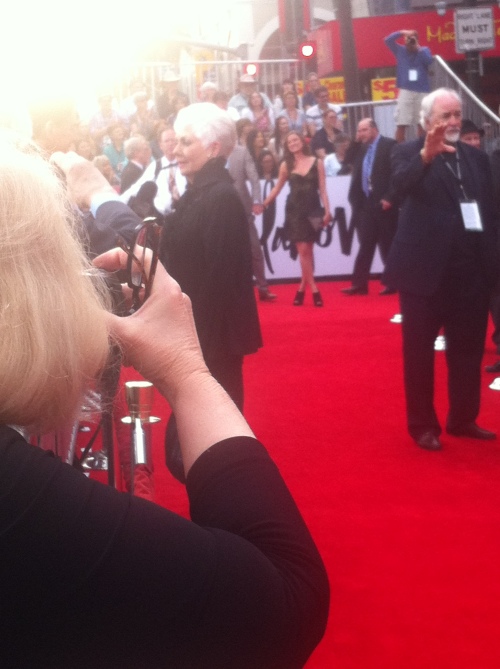
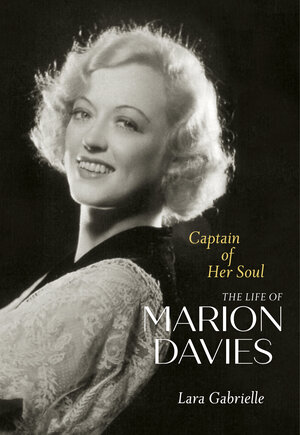


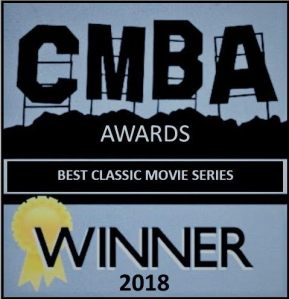



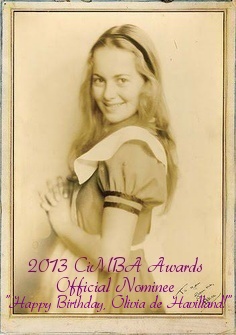









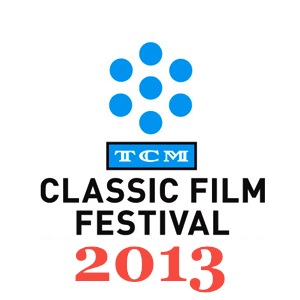



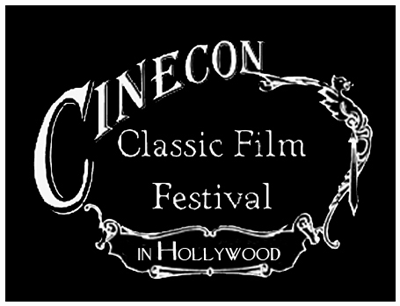




_03.jpg)
